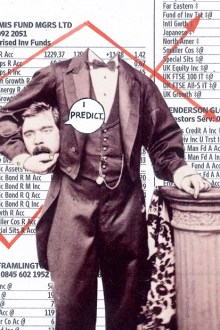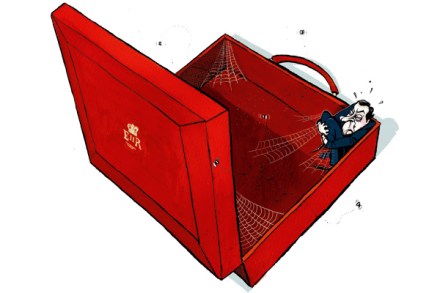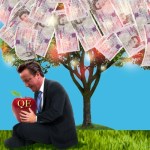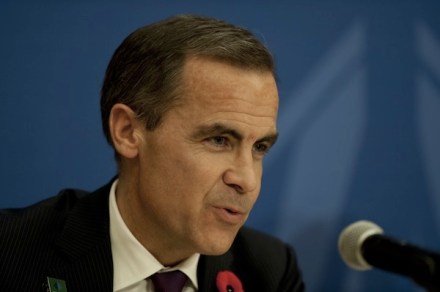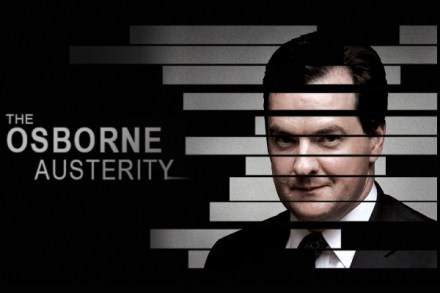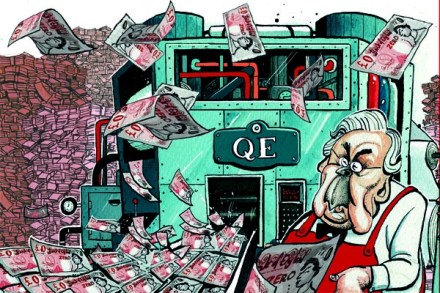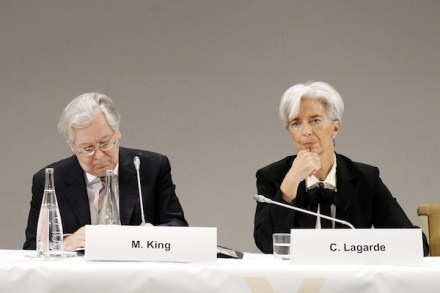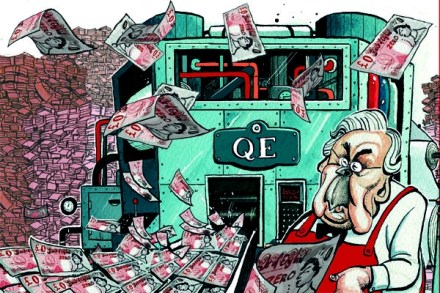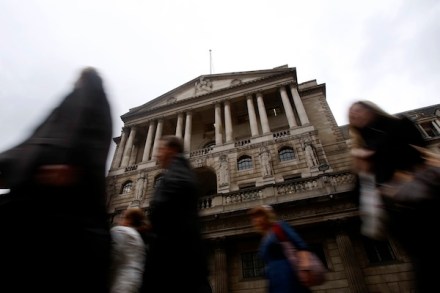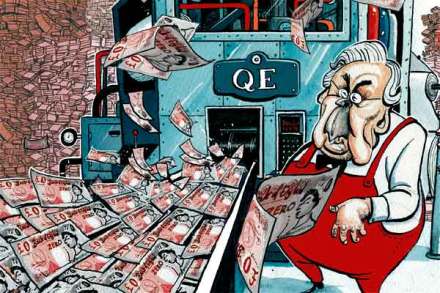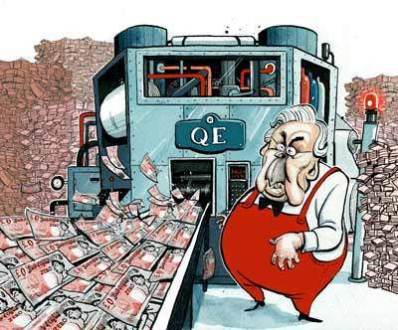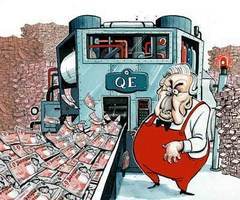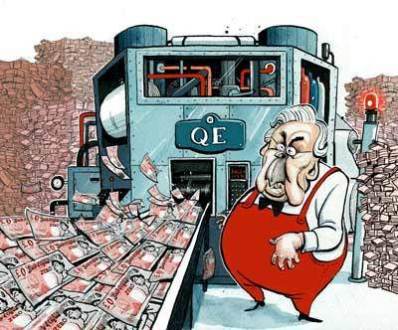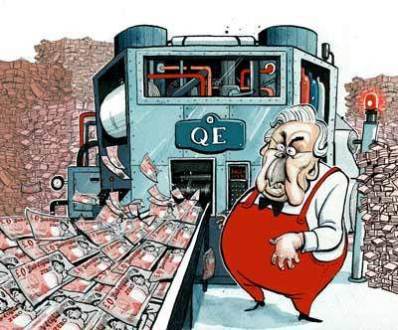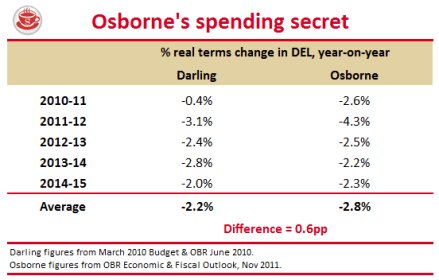When I pick the right share, I shout about it. And here’s what I do when I get it wrong…
I have a confession to make. I earn my living advising my readers whether particular companies’ shares are going to go up or down. I have no idea whether an individual share will go up or down. Fortunately, nor does anyone else. That goes for the analysts, investment bankers, fund managers, accountants and other professionals who work in the City and earn a great deal more than I do. As the scriptwriter William Goldman said, no one knows anything. My abject failure to predict the future has two consequences. One: I am sitting here typing this, rather than being on a beach somewhere, counting my yachts. Two: the best I
